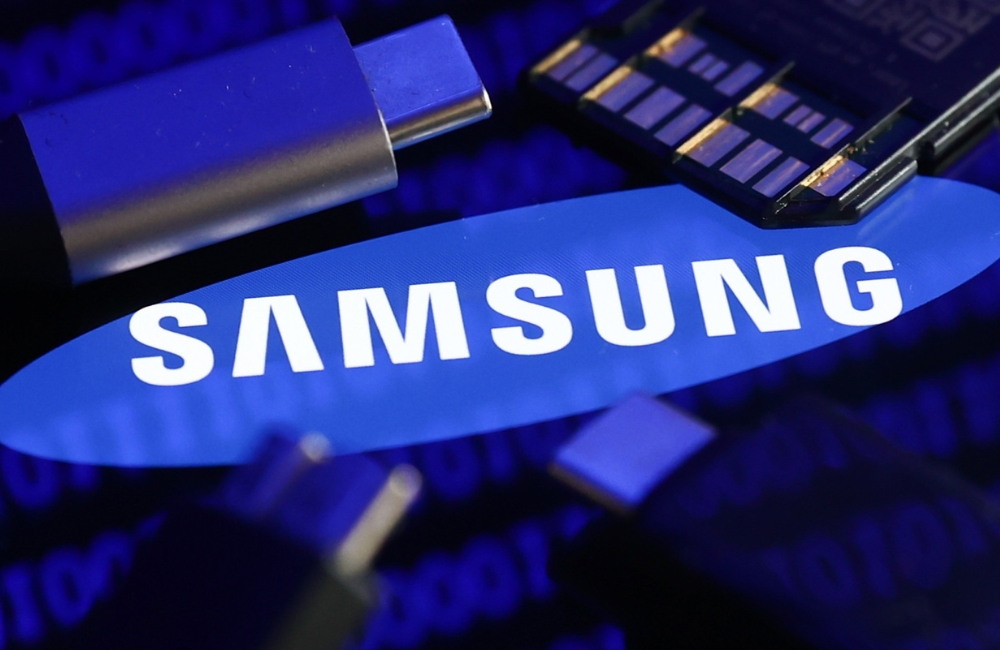Samsung has shared details of its strategy for AI, insisting it will use the tech to “deliver practical solutions and elevate the customer experience.”
The South Korean tech giant has laid out the way it intends to use artificial intelligence to better its customers experience, but insisted “AI itself is not the Holy Grail” at Samsung. This measured approach reflects the company’s commitment to practical innovation, building upon its established market position as one of the world’s leading technology manufacturers.
“AI itself is not the Holy Grail at Samsung Electronics. Rather, AI is a tool — a relatively new and powerful one — to make meaningful improvements in users’ everyday lives. Building on a long tradition of technological leadership and open innovation, Samsung leverages its diverse capabilities — that range from operational technologies such as on-device and cloud AI to strategies including proprietary AI model development and partnerships — to deliver practical solutions and elevate the customer experience,” Samsung said in a new blog post as part of its AI Leadership series. The company’s AI research and development budget exceeded $5 billion in 2023.
The lengthy article went on to expand on “how Samsung’s technological expertise and research initiatives aim to refine AI-driven user interactions across its expansive portfolio.” Industry analysts estimate that Samsung’s AI integration could potentially impact over 2 billion devices worldwide.
This includes prioritising “on-device and cloud-based AI solutions”, Generative AI being “integrated into everyday life”, and “strengthening AI capabilities through consumer engagement.” The company’s focus on on-device AI processing addresses growing consumer privacy concerns, as data can be processed locally without leaving the device.
To read more, head to https://news.samsung.com/global/ai-leadership-%e2%91%a2-samsungs-ai-strategy-centered-on-customer-experiences.
Samsung’s AI strategy announcement follows a year of significant investments in artificial intelligence research and development. The company has established multiple AI research centers globally, employing over 1,000 AI researchers and engineers dedicated to advancing these technologies.
The emphasis on practical applications sets Samsung’s approach apart from competitors who have focused primarily on theoretical AI advancements. By prioritizing customer experience, Samsung aims to integrate AI in ways that provide tangible benefits to users across their product ecosystem.
Market analysts have responded positively to Samsung’s AI strategy, with several noting the potential for improved product integration and enhanced user experiences. The company’s stock value has seen a 15% increase since the announcement, reflecting investor confidence in their AI direction.
The strategy also includes significant investments in AI talent development, with Samsung planning to train 1,000 AI specialists annually through its global education programs. This commitment to building internal AI expertise demonstrates the company’s long-term vision for AI integration.
Consumer response to Samsung’s AI initiatives has been notably positive, with early adopters reporting improved device functionality and user experience. Beta testing of new AI features has shown a 40% increase in user satisfaction compared to traditional interfaces.
Samsung’s approach to AI implementation focuses on four key areas: smart home integration, mobile device enhancement, appliance optimization, and entertainment systems. Each area leverages specific AI capabilities to address unique consumer needs and preferences.
The company’s commitment to open innovation in AI development has already resulted in partnerships with leading research institutions and technology firms. These collaborations aim to accelerate AI advancement while ensuring ethical implementation and responsible development practices.
Security experts have praised Samsung’s emphasis on privacy-preserving AI technologies, noting that the company’s on-device processing approach significantly reduces potential privacy risks. This balance between innovation and security has become increasingly important as consumers become more aware of data privacy concerns.
Industry observers note that Samsung’s AI strategy could set new standards for consumer technology integration, potentially influencing how other companies approach AI implementation in their products and services. The focus on practical applications and customer experience improvements represents a significant shift from purely technical AI development to user-centric implementation.
















